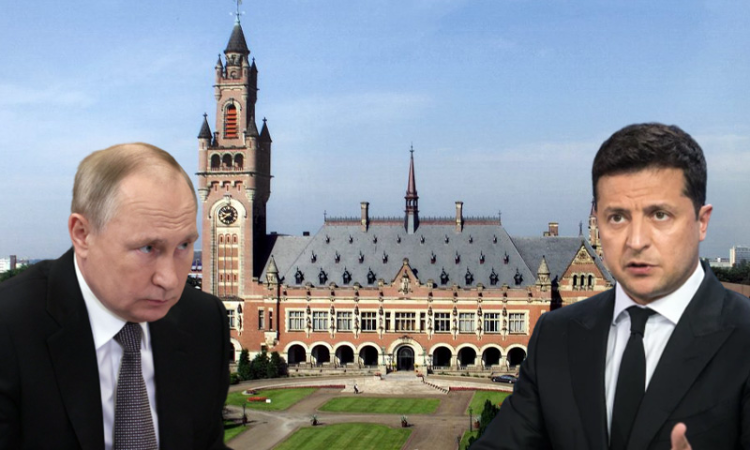The International Court of Justice (ICJ) at The Hague, Netherlands on Monday heard extensive arguments from Ukraine while adjudicating upon an application moved by the Ukrainian government accusing Russia of carrying out and "planning acts of genocide in Ukraine." The application inter alia also urged the ICJ to urgently indicate provisional measures directing Russia to suspend its...

